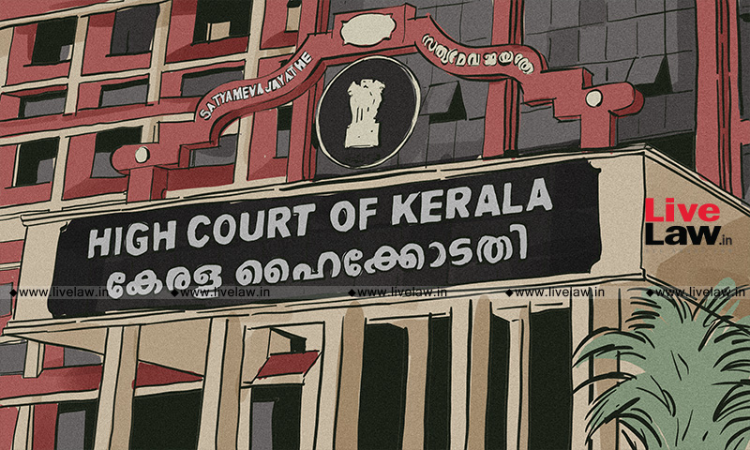Don't Obstruct Research On Tiger Moth Disease : Kerala High Court To State
Hannah M Varghese
21 July 2021 11:34 AM IST

Next Story
21 July 2021 11:34 AM IST
The Kerala High Court on Tuesday directed the state to inform whether there was any obstruction in permitting the petitioner scientist to collect discarded blood samples of patients suffering from fever from various health centres, health laboratories, and district hospitals in the State to develop a diagnostic kit to detect tiger moth disease from infectious viral fevers.Justice PB Suresh...
